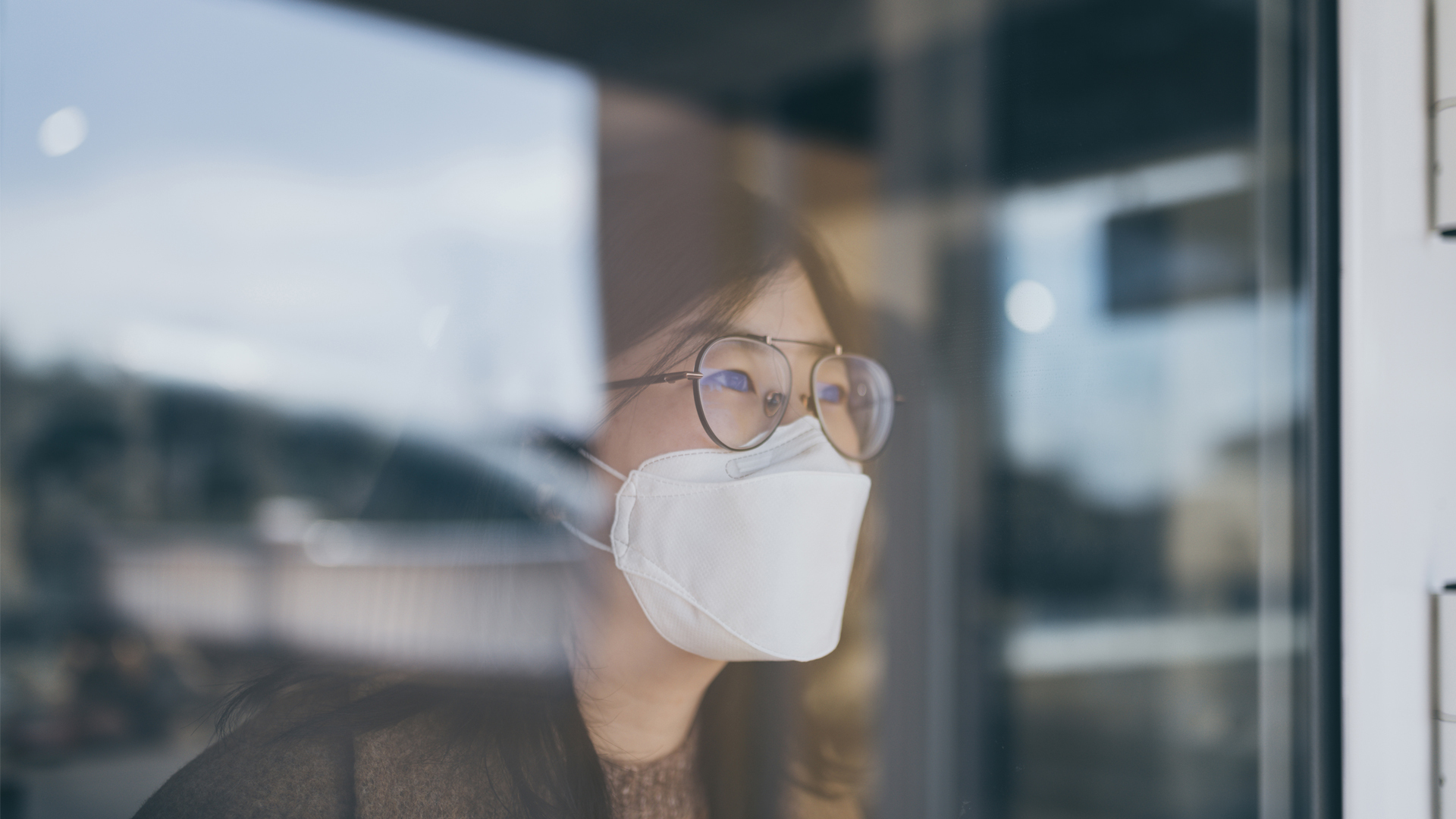
HEPA
HEPA filter, also known as high-efficiency particulate absorbing filter and high-efficiency particulate arrestance filter, is an efficiency standard of air filters. Filters meeting the HEPA standard must satisfy certain levels of efficiency. Common standards require that a HEPA air filter must remove—from the air that passes through—at least 99.95% or 99.97% of particles whose diameter is equal to 0.3 μm, with the filtration efficiency increasing for particle diameters both less than and greater than 0.3 μm. HEPA filters capture pollen, dirt, dust, moisture, bacteria, virus, and submicron liquid aerosol. Some microorganisms, for example, Aspergillus niger, Penicillium citrinum, Staphylococcus epidermidis, and Bacillus subtilis are captured by HEPA filters with photocatalytic oxidation. A HEPA filter is also able to capture some viruses and bacteria which are ≤0.3 μm. A HEPA filter is also able to capture floor dust which contains bacteroidia, clostridia, and bacilli.







